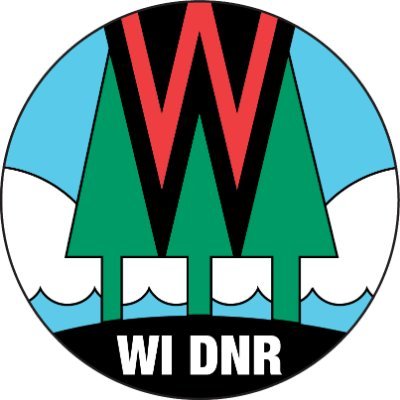Wisconsin Initiative On Climate Change Impacts Releases Climate Assessment Report
MADISON, Wis. – The Wisconsin Initiative on Climate Change Impacts (WICCI) today released its 2021 climate assessment report, Wisconsin’s Changing Climate: Impacts and Solutions for a Warmer Climate. The report is the most comprehensive assessment to date on the impact of climate change in Wisconsin and includes details on the continued warming and increased precipitation throughout the state.
The report found that since 1950, statewide temperatures have warmed by 3 degrees Fahrenheit and precipitation has increased 17%. Meanwhile, the last two decades have been the warmest on record, and the past decade has been the wettest. The report stresses the need for significant and rapid reductions in greenhouse gas emissions and identifies steps Wisconsin can take to store carbon, reduce emissions, and adapt to a wetter and warmer future.
Led by the UW-Madison Nelson Institute for Environmental Studies and the Wisconsin Department of Natural Resources (DNR), the report is the product of 14 working groups that include over 200 scientists, practitioners, and Wisconsin residents representing more than 50 national, state, and local agencies, non-profit organizations and universities. The final report was peer-reviewed by a Science Advisory Board.
In 2019, Gov. Tony Evers signed Executive Order #52, launching the Governor’s Task Force on Climate Change and directing the DNR to work with WICCI and the Nelson Institute for Environmental Studies to release a new climate assessment report. The previous report was released in 2011.
“The report contains critical information and will be a valuable tool for Wisconsinites as the state takes its next steps to become more climate-resilient,” said Pam Porter, WICCI Co-Director and DNR Policy Advisor. “Preparing the report has been a rewarding, scientific collaboration. We are grateful for the leadership from WICCI’s working groups, who have spent countless hours analyzing climate impacts to Wisconsin and identifying practical solutions.”
Through a collection of interviews, the report also highlights the ways climate change is impacting communities across the state. Those in the Driftless region noted that an increase in flooding has deeply affected agriculture and homes across the region. In the state’s Northern regions, a warmer and wetter climate has meant changes to plant and animal life. Meanwhile, communities are experiencing eroding bluffs and infrastructure issues along the coast due to fluctuating water levels.
Understanding how climate change affects communities is key. And a part of that is understanding how climate change disproportionately affects some communities more than others. Low-income communities, communities of color, Tribal Nations, and other indigenous communities are first and worst impacted by climate change. Including all communities in the climate change conversation will be an important part of ensuring climate change solutions are effective and equitable.
While the report outlines sobering data about the future climate, scientists and community members also expressed hope throughout the report. Changes in attitudes towards climate change and an improved understanding of climate change science have led to creative solutions. Many organizations, farmers, business leaders and community members also expressed hope for the future as mitigation and solutions are discussed and implemented.
The report outlines many of these solutions, including reducing greenhouse gasses, increasing continuous living cover and rotationally managed pasture on farmland, implementing habitat management changes, and designing and building infrastructure that accounts for future climate conditions.
Wisconsin’s Changing Climate: Impacts and Solutions for a Warmer Climate report is available here.
NOTE: This press release was submitted to Urban Milwaukee and was not written by an Urban Milwaukee writer. While it is believed to be reliable, Urban Milwaukee does not guarantee its accuracy or completeness.






















